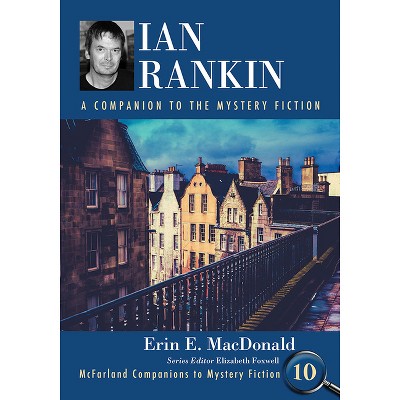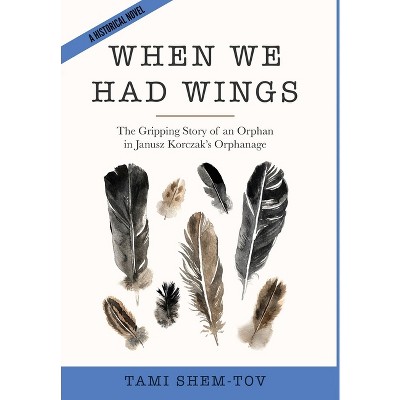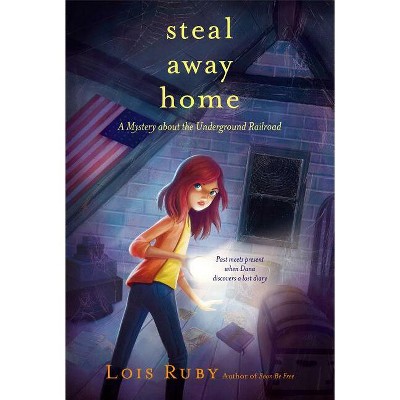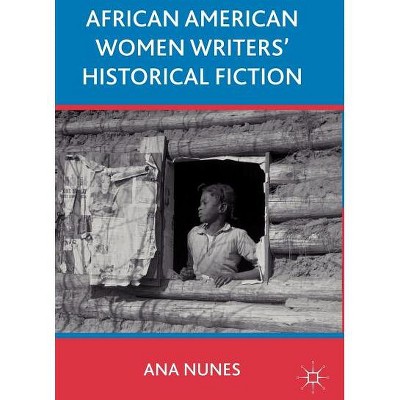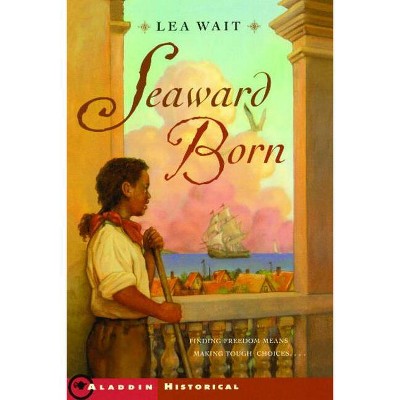Sponsored

Science Fiction and the Historical Novel - (Liverpool Science Fiction Texts and Studies) by Ian P MacDonald & Kate Polak (Hardcover)
In Stock
Sponsored
About this item
Highlights
- If you woke to realize that you could rewrite your yesterday without knowing the kind of tomorrow it would grant you, would you do it?
- Author(s): Ian P MacDonald & Kate Polak
- 288 Pages
- Literary Criticism, Science Fiction + Fantasy
- Series Name: Liverpool Science Fiction Texts and Studies
Description
Book Synopsis
If you woke to realize that you could rewrite your yesterday without knowing the kind of tomorrow it would grant you, would you do it? Are the authors of our destiny working with an outline or spit-balling confusing plotlines? Since the past changes possible futures, to what alighting butterfly should we pay the most heed? This book explores the liminal space between speculative fiction and the historical novel. Staged as a transnational, multicultural conversation, it takes up a call originally made by Fredric Jameson in Archaeologies of the Future wherein he describes that flashpoint between speculative and historical genres as "the symptom of a mutation in our relationship to historical time itself." Drawing together postcolonial, feminist, cultural, Indigenous, and cognitive approaches, Science Fiction and the Historical Novel asks what the past can offer a future-oriented world, and how the future can be imagined in relation to a past that seeks narratives of inevitability rather than possibility. Engaged with the idea of the past as a model for the future, authors in this volume probe the extent to which historical scripts delimit possibilities, and how authors engaged with the practice of alternative pasts rewrite potentialities in the present.
Review Quotes
"This well-conceived collection juxtaposes the historical novel and science fiction to ask questions about the genre of history itself. Introduced by a concise, lucid account of the controversies about history swirling around the contemporary culture wars, the wide variety of recent sf covered in the essays amply displays the formal and thematic possibilities of the genre." Professor John Rieder, University of Hawai'i at Mānoa
Shipping details
Return details
Trending Poetry






